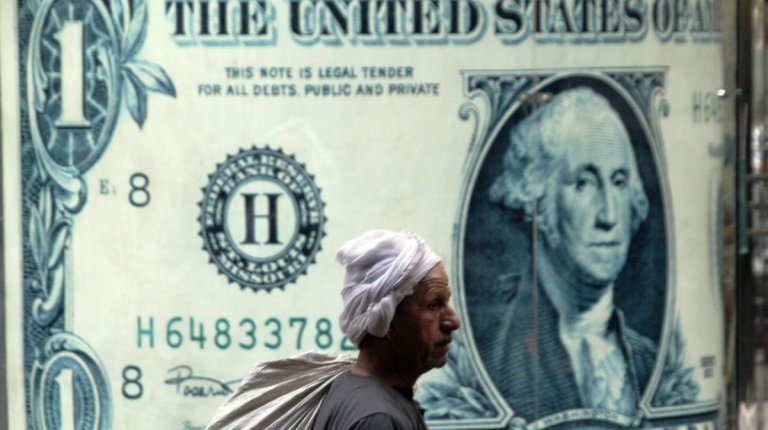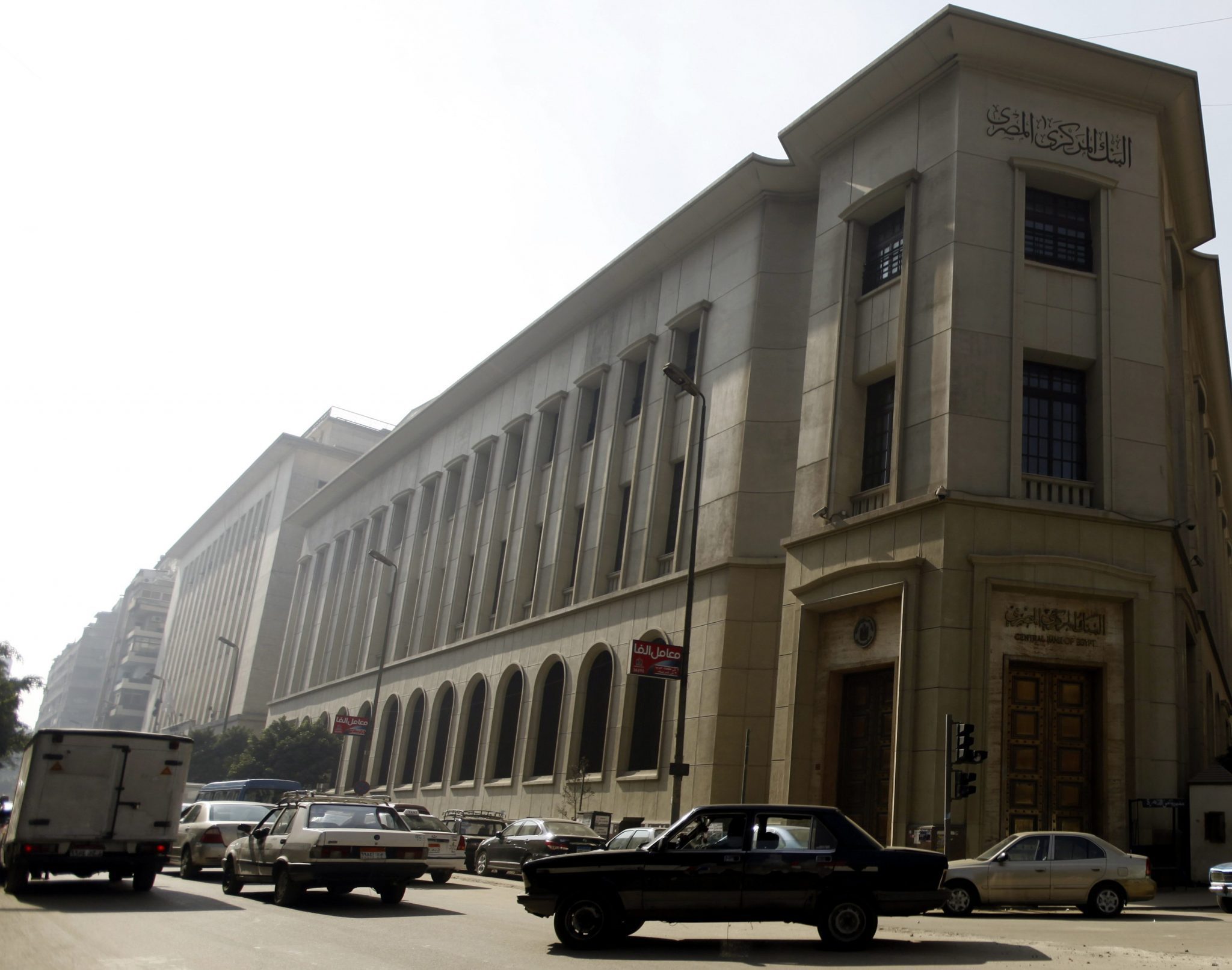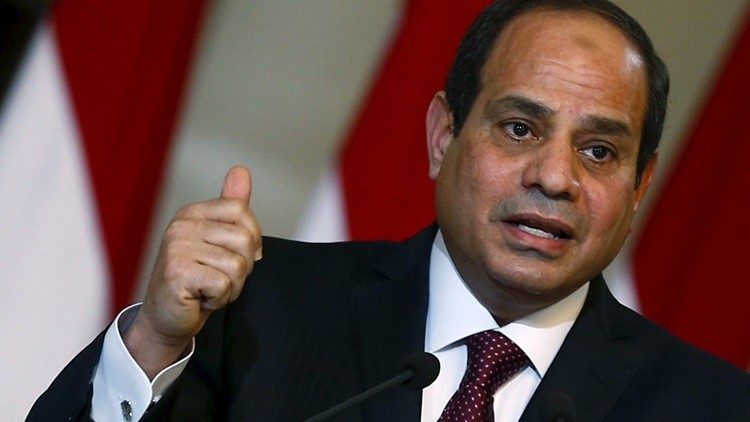
The Egyptian pound continues its decline in black market trading, with speculations that policy makers will weaken the official exchange rate to end the country’s shortage of foreign currency, reported Bloomberg.
According to the average quote of four money exchangers in Cairo surveyed by Bloomberg, the pound tumbled to 11.75 a dollar.
A week earlier, the Egyptian pound was 11.54 a dollar and represented a 32% premium to buy dollars over the official exchange rate. This was the widest gap since Bloomberg started tracking the data in 2013.
Recent predictions that Egypt currency will witness another devaluation that is the second this year are highly expected especially after the central bank said earlier in July it regrets defending the pound, and that further depreciation would benefit exports.
The Egyptian economy has been facing one of the harshest crisis in its history that makes it hard for Abdel Fattah al-Sisi to fulfill his previous promises to boost the economy.
One of the main causes of the economic crisis in Egypt is the decline in tourism and foreign investments which were among the main sources of foreign currency. The two economic sectors have deteriorated due to the security instability in the country.
Moreover, Egypt’s shortage of dollars has helped fuel the highest inflation rate in six years, reported Bloomberg.
In reference to the central bank’s comments, there seems to be a shift within Egypt towards more orthodox policy making as Jason Tobey, London-based Middle East economist at Capital Economics, said that the Devaluation of the pound “is likely to happen sooner rather than later.”
The Egyptian government has worked hard to resist weakening the pound for fear that it would drive prices higher in a country that almost half its population is still suffering economically five years after the uprising that toppled Hosni Mubarak’s autocratic regime. However, after the military coup in 2013, the economic conditions did not recover even with the financial aid from Gulf Arab allies that is now drying up.
Accordingly, Egypt is seeking to implement reforms such as introducing a new value added sales tax and curbing civil servant wages to help secure loans from the World Bank and potentially, the International Monetary Fund, said Bloomberg.
Finally, March devaluation of the Egyptian currency by 13% of its official exchange rate, which was the biggest in more than a decade, has failed till this moment to attract foreign investors to the government debt market where they held $10 billion worth of T-bills at the end of 2010.



